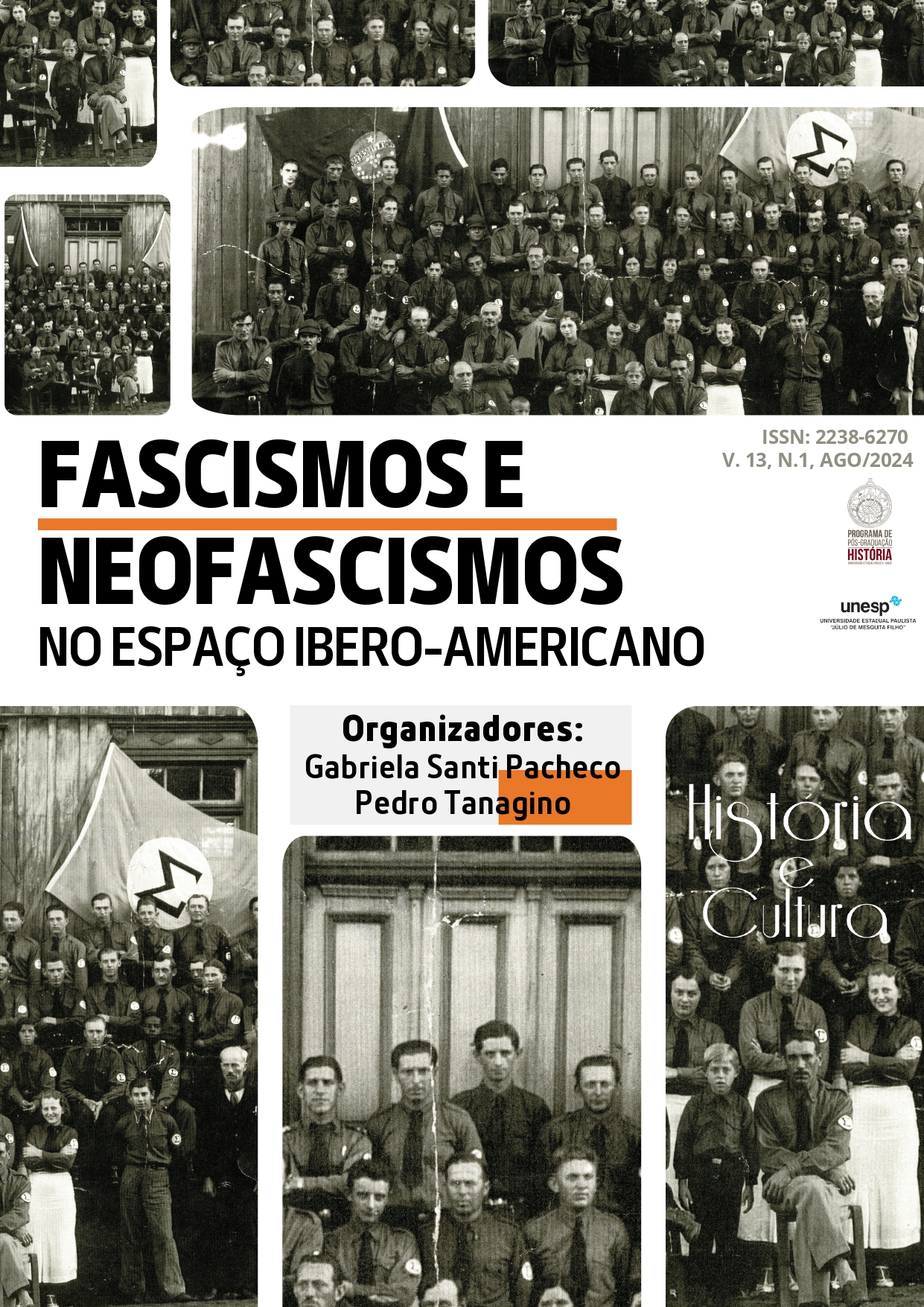Las RELACIONES ENTRE FALANGE, FASCISMO Y NAZISMO EN ESPAÑA A OJOS DE LA IGLESIA CATÓLICA, 1933–1939
DOI:
https://doi.org/10.18223/hiscult.v13i1.4366Abstract
Desde su fundación en octubre de 1933, Falange Española tomó como referencias a los principales movimientos fascistas de la Europa del momento: la Italia fascista y la Alemania nazi. Durante la guerra civil, la Iglesia católica (tanto sus jerarquías en España como el propio Vaticano) pasó a observar de cerca la evolución del fascismo español, convertido pronto en el partido único de la dictadura franquista. Pese a que Falange reconocía el peso de la tradición católica en la historia de España, la mirada eclesiástica mostró una creciente preocupación por su carácter de religión secular, su encuadramiento de jóvenes y mujeres en la España franquista y, en especial, sus estrechas relaciones con la Alemania nazi. El presente artículo analiza la mirada católica al fascismo español durante la década de 1930, desde su fundación hasta el final de la guerra civil.
Downloads
Published
Issue
Section
License
Copyright (c) 2024 História e Cultura (History and Culture)

This work is licensed under a Creative Commons Attribution-NonCommercial-NoDerivatives 4.0 International License.
Os(as) autores(as) são os detentores dos direitos autorais dos artigos encaminhados à Revista História e Cultura e fica autorizado ao periódico a publicação do referido manuscrito. O trabalho permanece licenciado sob a Licença Creative Commons Attribution CC BY 4.0, a qual permite o compartilhamento do material desde que a autoria seja devidamente atribuída e referenciada.

